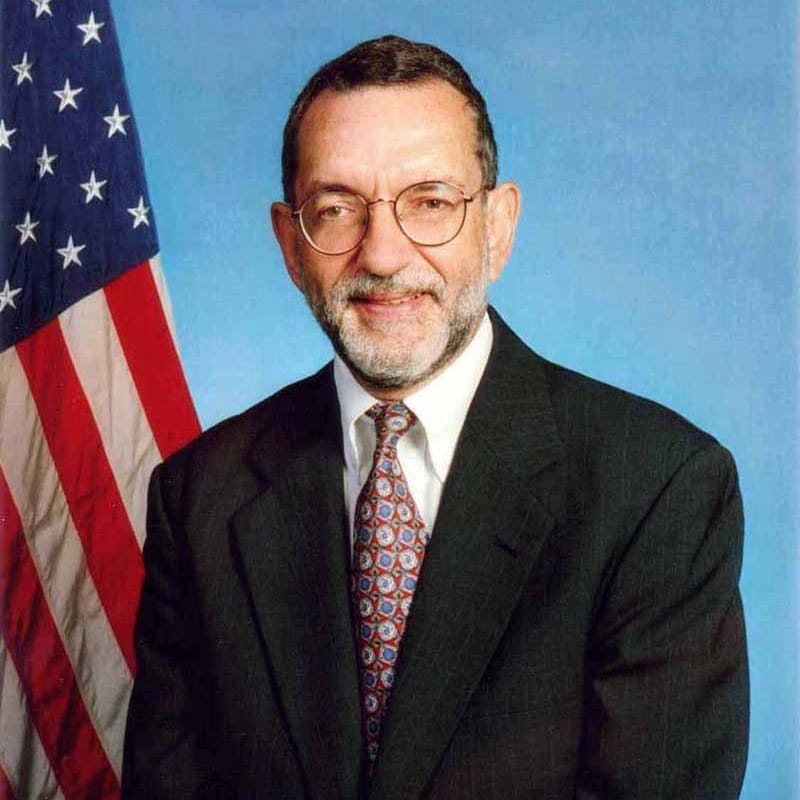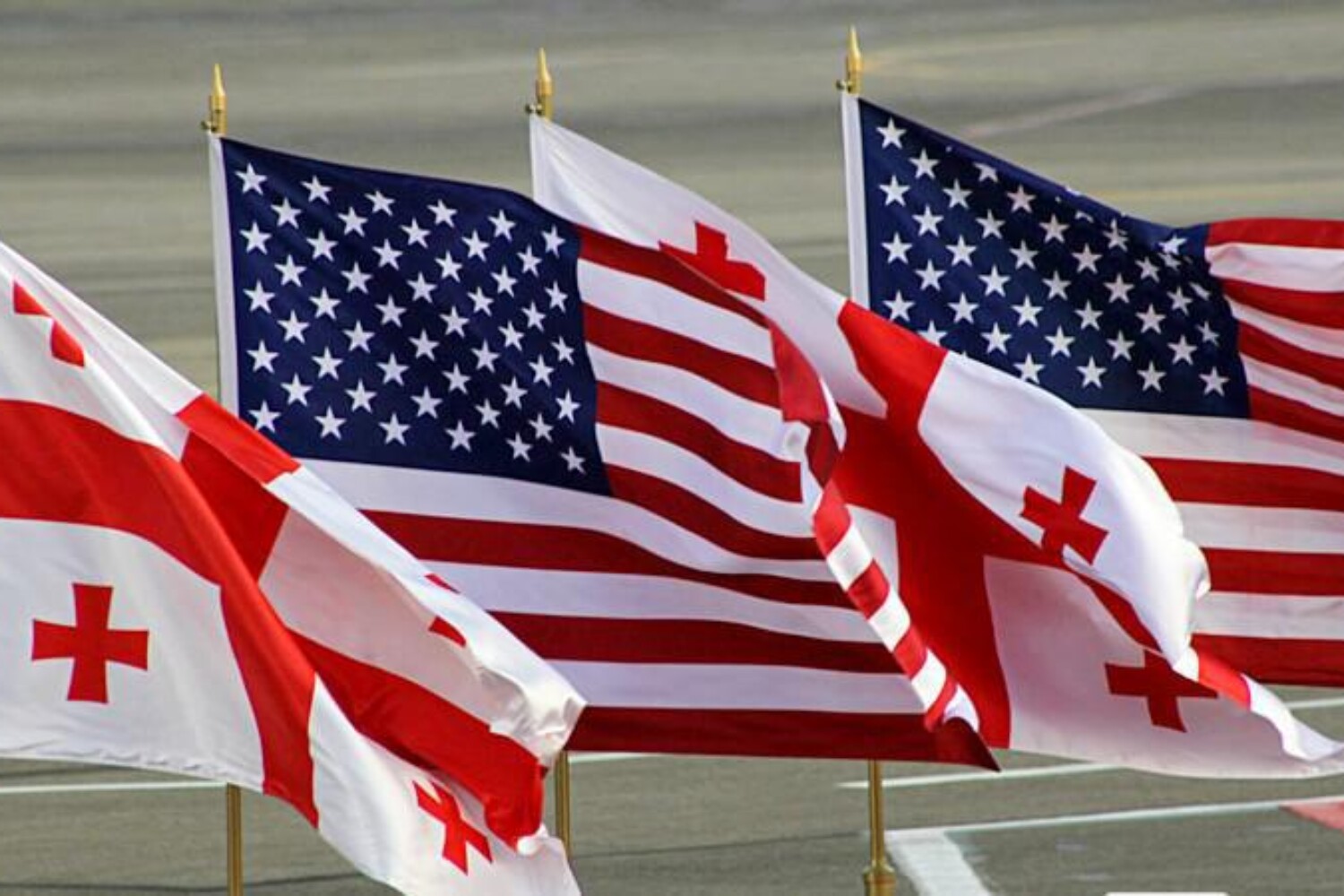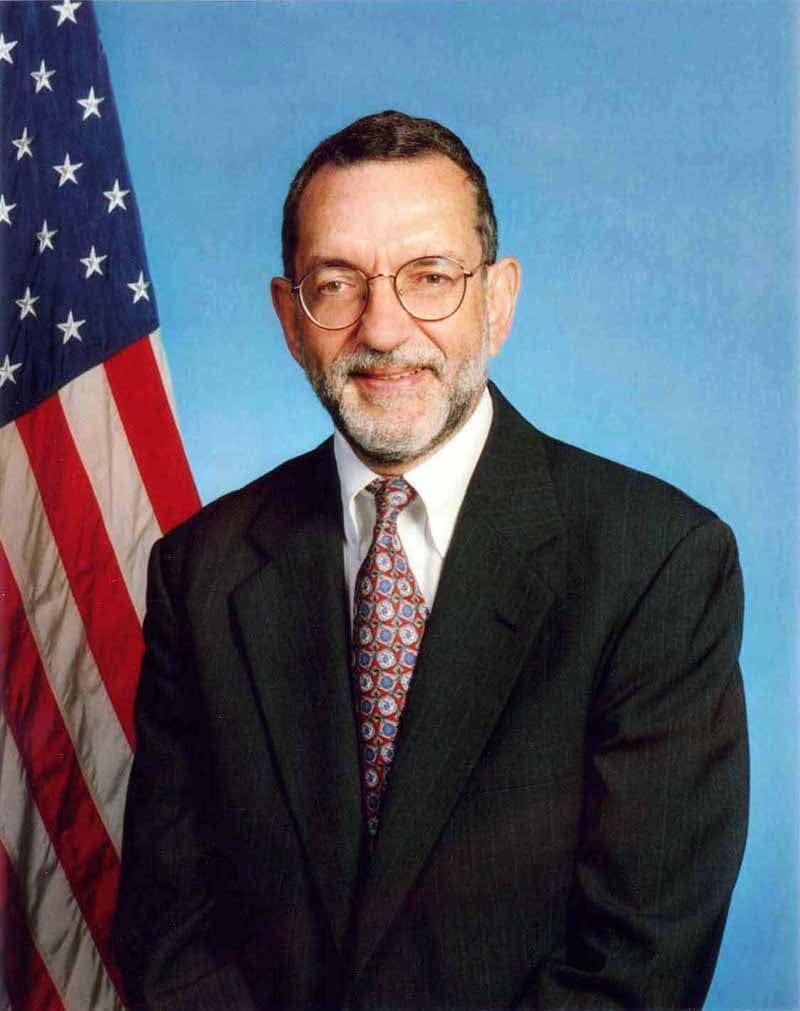President Trump has emphasized that US foreign policy will be driven by “America First” interests and that a transactional scale will be employed to measure US benefits from proposed agreements which will largely be bilateral. Sanctions and tariffs will be employed as pressure points against friends and foes alike. War avoidance is emphasized by Trump, but the possible use of US military force has not been ruled out over the Panama Canal, Greenland and Mexico. This international perspective is at odds with US post-Cold War policy with its emphasis on promoting democracy, respect for human rights and economic growth through trade and investment. Alliances and international institutions were seen to buttress international peace and stability but the new administration views them more as resource drains and liabilities to accomplishing US objectives.
The international scene facing Trump is daunting: the Ukraine-Russia war; Gaza; Syria; Lebanon; Iran; North Korea; Sudan; Russia; China; pandemic threats and climate change. Despite statements about quick resolution, the Trump team is acknowledging many of these problems have complex causation and are not amenable to simple, quick solution.
The new foreign policy team is still being put into place and there have already been miscues such as the temporary shutdown of most US government spending programs. Most foreign ministries are analyzing the Trump administration and trying to develop a strategy for dealing with the United States in the new environment. Trump also has pressing domestic issues such as inflation and border/immigration which were the main reasons for his victory and which he now must manage.
Inescapably, Mr. Trump and Secretary of State Rubio’s foreign policy attention will focus on China, Russia and Ukraine, the borders with Mexico and Canada, and the Middle East.
What will this mean for smaller countries down the priority list, like Georgia, which are important to the United States but had a worsening bilateral relationship under the previous Biden administration?
The reasons for the decline stem mainly from the ruling Georgia Dream party’s suspension of European Union accession and efforts to cooperate with the Western political and security community. It has moved instead to a transactional foreign policy and non-democratic internal steps such as: flawed parliamentary elections last fall; a Russian-style foreign agents law; crackdowns on the free media, press and NGO’s; inventing a “global war party” (read the United States) which supposedly was trying to force Georgia into the Ukraine war against Russia; and brutal treatment of those peacefully protesting the parliamentary elections and Georgia’s movement away from Europe. The latest incident on February 2 involved brutal attacks on dozen of protestors trying to block a road into Tbilisi. The GD leadership has been highly critical of the United States, USAID programs and the US Embassy and ambassadors in unprecedented fashion. For this the GD leadership has been widely condemned in Western capitals. The billionaire Bidzina Ivanishvili, who is the force behind GD, and other leaders have been sanctioned by the US. Washington has also suspended its strategic partnership with Georgia and some $95 million in economic aid.
Georgian Dream leaders claim that their policies have kept Georgia out of a ruinous war and that the Georgian economy has been strengthened by their not joining Western economic sanctions and maintaining trade relations with Russia. Georgia has likely helped Russia avoid some sanctions. They argue that the Georgia Dream election victory was free and fair and that the opposition is illegal and “terroristic.” Georgian foreign policy, they allege, is balanced and Georgian internal affairs is their sovereign prerogative. Meanwhile the EU and US remain critical of the October election outcome but have stopped short of demanding new elections and refusing to recognize the new government. A deadlock has persisted as many Western leaders still recognize Salome Zurabishvili as the legitimate President and not Mikheil Kavelashvili, the former professional footballer elected by the rubber-stamp GD parliament.
What seems clear is that the GD government is counting on time to weaken the international opprobrium and for a more tolerant approach from President Trump. GD claims that it has had positive contact with the Trump team. The Prime Minister has welcomed the US aid suspension, the use of which he claims was directed at supporting the “deep state” opposition to GD and foreign NGOs in Georgia. Meanwhile, President Zurabishvili attended the Trump inauguration as a guest of Helsinki Commission Chair Representative Joe Wilson. In December in Paris, she met with Trump and President Emmanuel Macron with whom she discussed the flawed parliamentary election. So where does this leave us?
Georgia is not a foreign policy priority for Trump and the current U.S. approach to Georgia is unlikely to change dramatically. The EU is looking at more sanctions for Georgia and the Trump team may defer to Europe to lead the way. Georgia has been a major recipient of US economic and military aid and its future size and may be uncertain. Indeed some in the new Administration want to eliminate USAID and/or place it back under the State Department for better control. The Trump team surely will study GD policies that are critical of the US and inclined to Russia and then ask why we should continue to support this government with such large amounts of US taxpayer money? Georgia has little to capture Trump’s interest when his attention will be focused elsewhere. Secretary of State Rubio has a history of human rights and democracy support and is unlikely to endorse Georgia’s current direction. The US Congress plays a major role in determining the size and direction of US foreign aid.
Key Republican Members of Congress are on the record as critical of Georgia and favoring more sanctions. GD will probably try to appeal to Trump by using his rhetoric and employing Washington lobbyists to steer things in their direction. This, however, may be an uphill struggle given the holes GD has dug itself into.
The outlook then for the bilateral relationship is generally stasis. The Trump administration may be less interested in democratic development programs but not jump to embrace a regime which has been critical of the United States and its institutions. And with USAID’s future in question, the outlook for US economic and technical assistance to Georgia is uncertain. If GD continues to take Georgia in a less democratic and more anti-Western direction, US-Georgian relations could become even more strained.
R. H. Ambassador (ret.) Kenneth S. Yalowitz
Ambassador Yalowitz was a career Foreign Service Officer from 1966-2001 and served twice as U.S. ambassador to Georgia from 1998-2001. Following his retirement in 2001 from the Department of State, Ambassador Yalowitz began teaching graduate courses at Georgetown University dealing with Russia’s conflicts with its South Caucasus neighbors. From 2003-12 he directed the Dickey Center for International Understanding at Dartmouth College. His opeds or articles have appeared in the New York Times, Washington Post, International Herald Tribune, Boston Globe, Christian Science Monitor, The National Interest, The American Interest, The Hill, Politico, Newsweek, amongst others.




